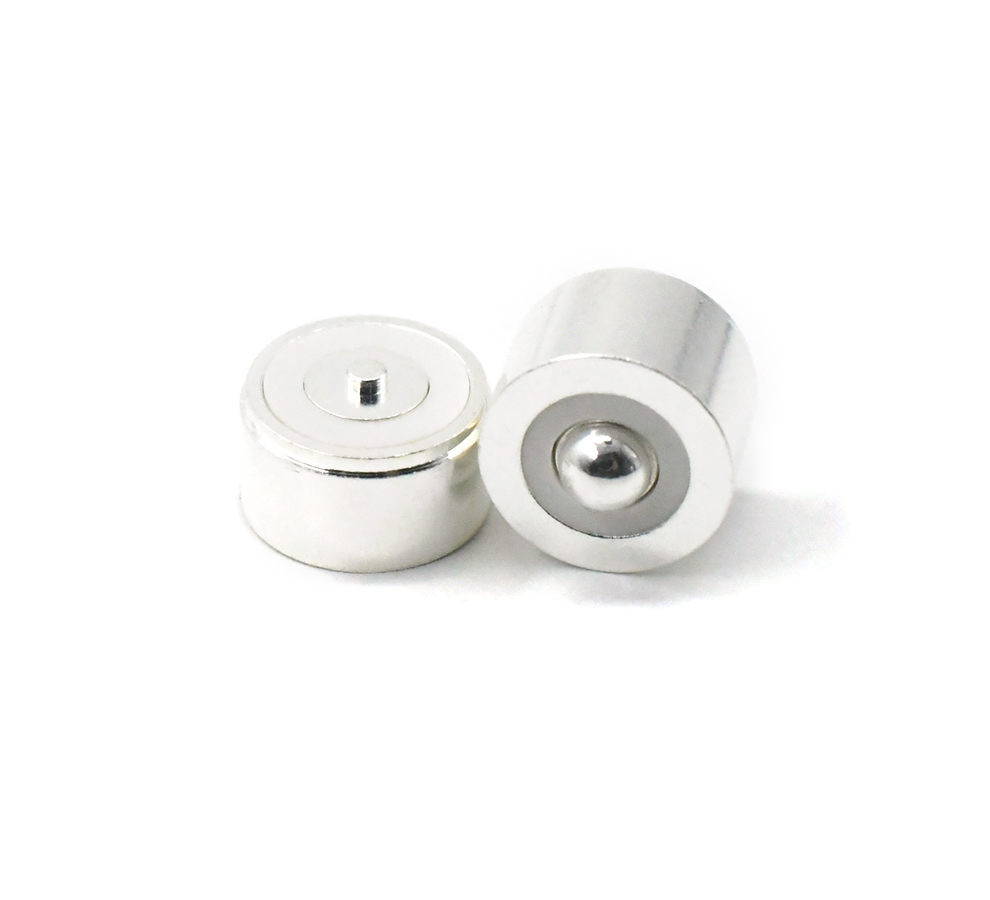Time:2025-04-28 Views:1 source:News

Dual - headed pogo pins are often exposed to various environmental factors that can cause corrosion and rust, which can significantly affect their performance and lifespan. Therefore, implementing effective anti - corrosion and rust - prevention processes is essential to ensure the reliability and durability of these components.
The first line of defense against corrosion and rust is the selection of appropriate materials. As mentioned earlier, beryllium copper is a commonly used material for the pins due to its excellent mechanical and electrical properties. However, beryllium copper is prone to corrosion in certain environments. To address this, surface treatments are applied. Gold plating is one of the most widely used surface treatments for pogo pins. Gold is highly resistant to corrosion and oxidation, providing a protective barrier against environmental elements. A thick layer of gold plating not only enhances the electrical conductivity but also safeguards the underlying beryllium copper from moisture, chemicals, and other corrosive substances.
In addition to gold plating, other surface treatments such as nickel plating can also be used as an intermediate layer. Nickel plating can improve the adhesion of the gold plating and provide an additional layer of protection against corrosion. The combination of nickel and gold plating creates a more robust anti - corrosion barrier, especially in harsh environments where the pogo pins may be exposed to high humidity, salt spray, or chemical vapors.
Another important anti - corrosion measure is the use of protective coatings. Organic coatings, such as conformal coatings, can be applied to the entire surface of the pogo pin, including the housing and the spring. Conformal coatings are thin, protective films that adhere tightly to the surface, forming a continuous barrier against moisture and other contaminants. These coatings are typically made of materials such as acrylics, epoxies, or polyurethanes, which offer excellent chemical resistance and durability. They can also help to prevent the formation of rust by isolating the metal components from the surrounding environment.
Proper storage and handling of dual - headed pogo pins are also crucial for preventing corrosion and rust. Pins should be stored in a clean, dry environment, away from sources of moisture and chemicals. Packaging materials, such as anti - static bags or sealed containers, can be used to protect the pins during storage and transportation. Additionally, when handling the pins, operators should wear gloves to prevent the transfer of sweat and oils from their hands, which can accelerate the corrosion process.
In some cases, where pogo pins are used in extremely harsh environments, additional anti - corrosion measures may be required. For example, in marine or offshore applications, pogo pins may be subjected to high levels of saltwater exposure. In such situations, specialized anti - corrosion treatments, such as the application of corrosion - inhibiting greases or the use of stainless - steel components, can be considered. These advanced treatments can provide enhanced protection against corrosion and ensure the long - term reliability of the pogo pins in the most challenging conditions.
Read recommendations:
Magnetic PogoPin Automated Production
What should we pay attention to during the charging process of the charging pile?